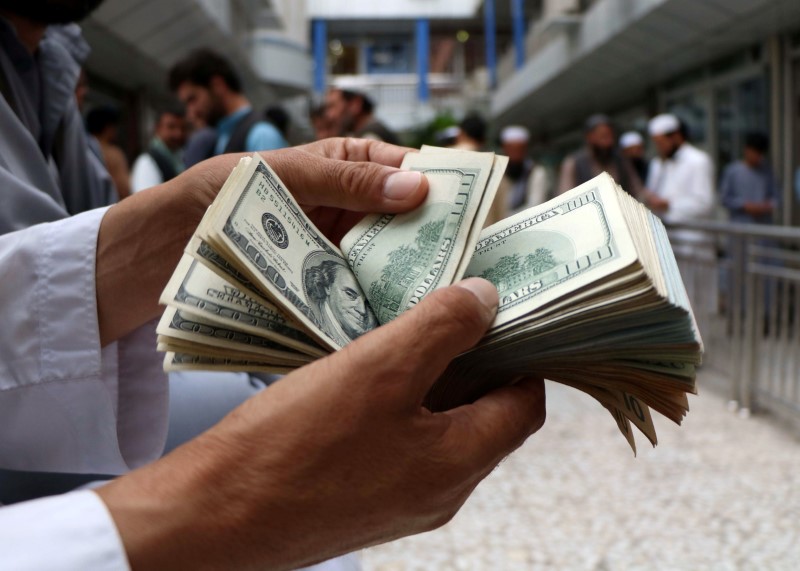By Gina Lee
Investing.com – The greenback continued to hold investor interest and rise against currencies in Asia on Friday morning after the U.S. reported fewer than expected initial jobless claims and investors hold on to the possibility that rates could go up sooner than expected.
The U.S. Dollar Index that tracks the greenback against a basket of other currencies was down 0.01% to 92.59 by 10:12 PM ET (2:12 AM GMT) but stayed above the 92.50 mark.
The index has been climbing since late May as investors adapt to the possibility that the US Federal Reserve will raise interest rates sooner than expected.
The dollar was also helped by relatively positive economic data, with US initial jobless claims falling to 364,000, below market expectations of 390,000 and the lowest number in 15 months. A key jobs report for June, including non-farm payrolls, is due later in the day and could provide more visibility into the recovery of the U.S. labor market, possibly giving the dollar some momentum.
The positive sentiment around the dollar was also impacting the Japanese yen. The USD/JPY pair was up 0.11% to 111.62. The dollar is now around its highest point against the yen since March 2020.
“Many people are now arguing (over) whether the dollar has indeed bottomed, because at some point in 2023 the Fed is suggesting that it could be raising interest rates,” Paul Mackel, global head of FX research at HSBC, said in a call quoted by Reuters. “Also, there’s some nervousness whether the dollar’s going to start to behave in a more pro-cyclical manner.”
The antipodean currencies were weakening against the dollar. The AUD/USD pair was down 0.10% to 0.7461 and the NZD/USD pair was down 0.21% to 0.6961.
The USD/CNY pair was up 0.12% to 6.4756.
The GBP/USD pair continued falling for a seventh day and was down 0.02% to 1.3765, with the pound coming under pressure from continued interest in the greenback. The pair is trading around multi-month lows.
The USD/KRW pair was also down 0.04% to 1,133.88 after the country reported Friday that consumer prices rose 2.4% year-on-year in June, below the 2.6% percent rise in May but still above 2%. During the previous week, Bank of Korea Governor Lee Ju-yeol said the bank will start normalizing its monetary policy before the end of 2021.
